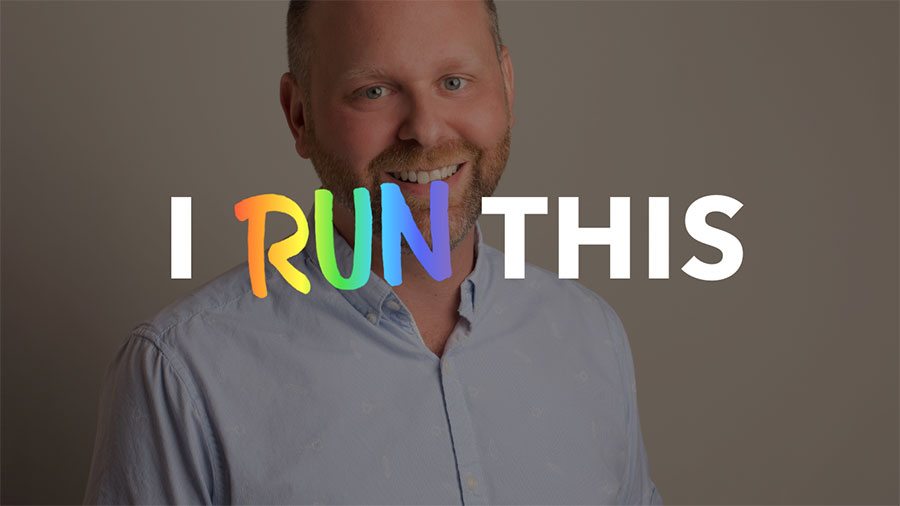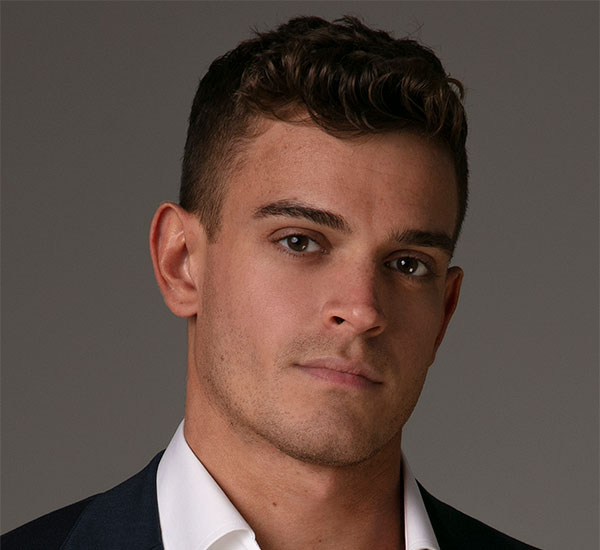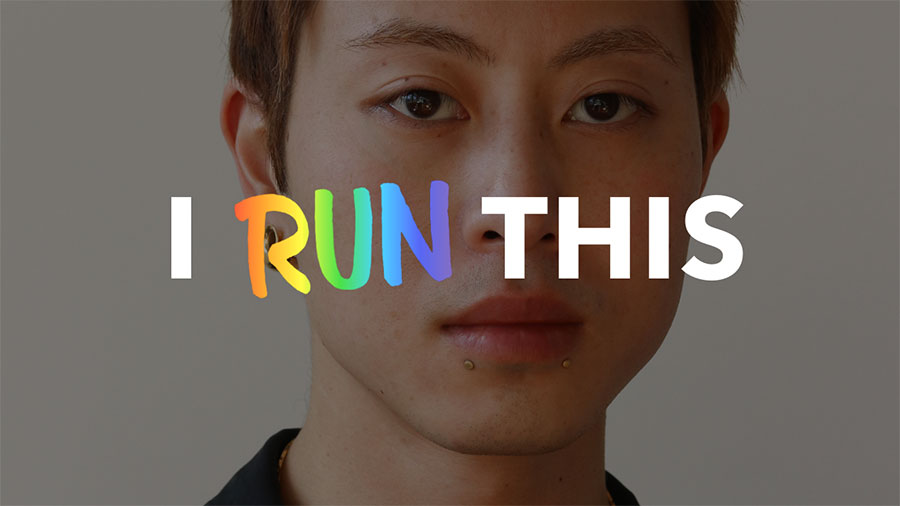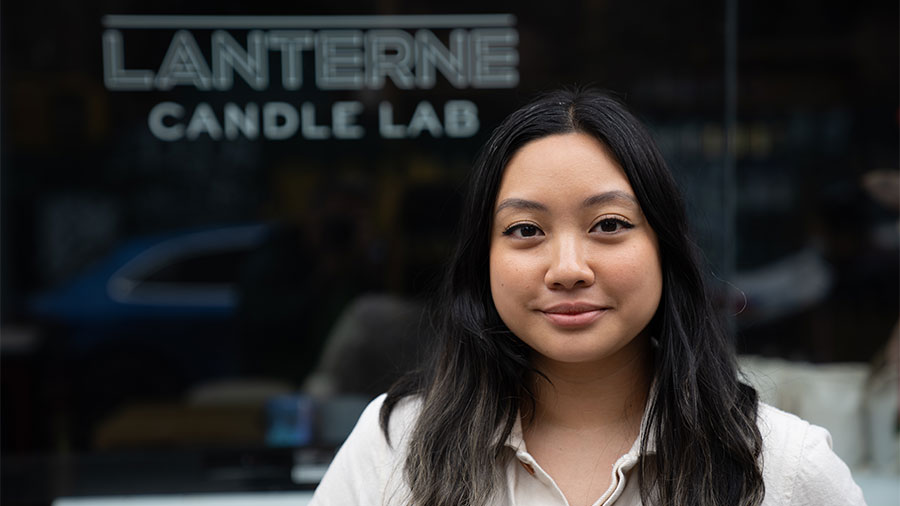Tell us about your business.
We are a non-profit, professional theatre company that focuses on stories created by and important to the LGBTQIA+ community.
Why did you decide to start your own business? How did you get started?
The idea to start Out Front began in the summer of 2014. I had recently left a position with a large theatre company in the Atlanta area and was trying to decide what the next phase of my career would be. I was in Chicago at the time and realized that almost every major city and market in the United States had a theatre company dedicated to telling LGBTQIA+ stories, except Atlanta. I saw a need and a void in the market and decided to start the process of creating a theatre company from the ground up.
What is the biggest lesson you learned in the first year?
In our first year we met some very intense pushback from a large religious organization that had issues with our mission and the work we were presenting. They asked their members to protest us and soon we were on the receiving end of over 60,000 phone calls, letters, emails, and social media messages condemning our work. Soon, the Atlanta Police Department and the Department of Homeland Security were involved as there was genuine concern for the safety of the staff and cast of the show. Ultimately, the show continued, and we had no major issues, but I learned very quickly that there are people all around the world who hate us for just being our authentic selves, and that they didn’t want us to continue with our mission. A happy outcome of this situation was that the show received unbelievable publicity and was a hit. The local community rallied around us, and no one involved with the show considered for a moment to not perform. The lesson I took away from it? If people were so passionate on both sides with what we were doing, we must be doing something right.














